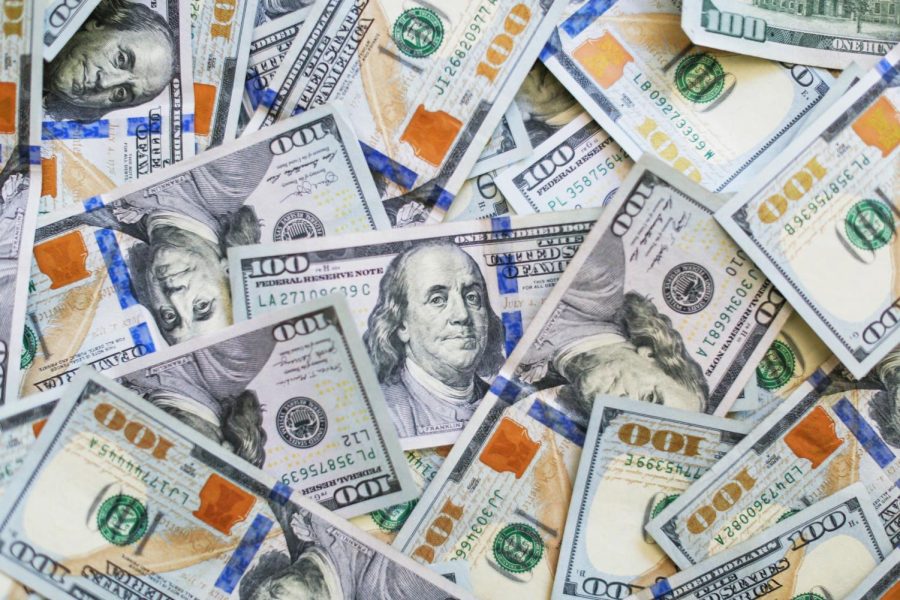Column: NCAA Paying Collegiate Athletes
February 1, 2021
After years of back and forth, the NCAA has recently made strides to allow collegiate student-athletes to profit off their likeness, name, and image starting next school term. This ongoing battle is one that many have avidly pushed for a while. We honestly believe it is about time.
The NCAA has a history of profiting from athletes. One of the earliest and notable examples is the Univ. of Michigan basketball team in the 1990s. Dubbed the “Fab Five,” five black first-year students from the inner city became a notorious household name. They are not only known for their skills on the court but their cultural influence as well.
The trends of baggy basketball shorts, Nike shoes, and freedom of expression were made popular because of them. The Fab Five became a marketing juggernaut, racking in over $4 million for the university in their first year alone. This nearly tripled when they made an appearance in the postseason March Madness tournament. Of course, this exploitation by the university and NCAA did not earn them any profits for their efforts.
That was just the start. With the advancement of social media and influencers, various mediums now offer financial opportunities. The biggest is YouTube. Donald De La Haye was a kicker for the Univ. of Central Florida. He created YouTube videos showcasing his daily life as a student-athlete. However, because he was able to get paid for his videos, the NCAA quickly took action. They forced him to either delete his channel to continue playing football or be banned and lose his scholarship. He was not allowed to have his likeness or name in any of his videos if he decided to continue the channel while on the team.
Many saw this as a clear violation of the First Amendment as multiple lawsuits against the NCAA followed. There have been several efforts taken by the NCAA to protect them from paying athletes in the past by canceling video games, out-of-court settlements and completely ignoring it. But it seems this clash has run its course.
We believe the decision to finally allow compensation is great and long overdue. It is only fair since athletics and sports programs are directly aimed at generating a profit. It is the most prominent source of revenue for colleges nationwide. The profits benefit everything related to the school, whether a new building being made, dorm renovations, better learning tools, etc.
Society teaches us to reward each other for hard work. So, why does this not apply to collegiate athletes? The decision to now allow players to participate in commercials, sign autographs, and create videos will allow them the best means. They can benefit from the work they put in. The rigorous schedule of games, workouts and practices prevent most from having other jobs. This medium will establish a viable means to provide for themselves while they still can.







